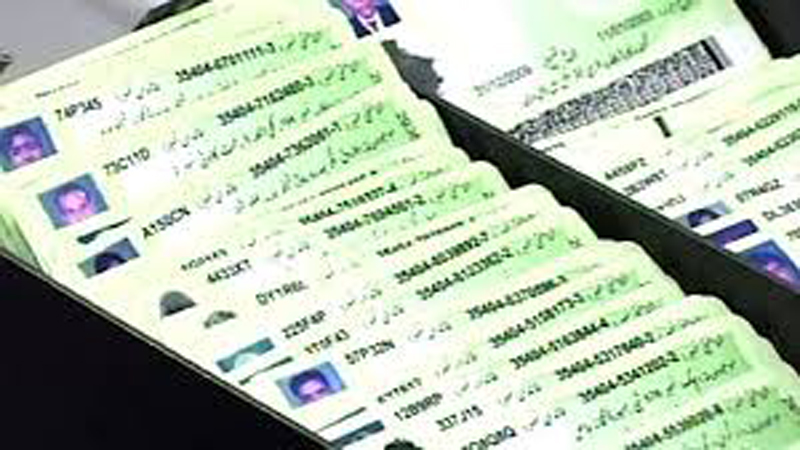CNIC provision for sales over Rs 50,000 comes into effect


In case of violation, the person involved in the transaction will be prosecuted. Traders having a turnover up to Rs 100 million for the tax year will not be considered withholding agents.
According to FBR’s notification dated July 22, 2019, for clarification on the same issue, it was stated that in the case of a female buyer, the CNIC of her husband or father will be considered valid for the purchase.
The law further provides that this condition will not apply if the value of purchases is below Rs50,000 in case sales are being made to an ordinary consumer.
The main purpose of the CNIC condition is for documenting business-to-business transactions and few transactions in a value higher than Rs 50,000 by limited number of consumers and that too from sales tax registered person. This condition will help avoid, unverifiable and fictitious business buyers which results in huge sales tax losses in the value chain.
The clarification came from FBR through a sales tax circular issued to explain the amendments made in the Sales Tax Act, which made it mandatory for buyers to show CNIC on purchases made from a sales tax registered person.
As of the mentioned date, there were 41,484 such sales tax registered persons who are actually paying some tax with returns.
As per the amendment, if a purchase is made from a sales tax registered person, the CNIC number of the buyer is to be provided in limited situation. Provision of CNIC number does not mean that buyer has to be a registered person under the sales tax law. Sales to unregistered person can be made.
It was also clarified that if it is subsequently proved that CNIC provided by the purchaser was not correct, liability of loss or penalty will not arise against the seller in case the sale is made in good faith.
In Pakistan, under the present regime and also under the proposed one for retailers, ordinary small and medium-sized retailers fall outside the sales tax regime. Therefore, sales by such persons will not be affected by this provision in any manner.
Moreover, no action will be taken against the seller if any error or incorrectness is identified subsequently provided the transaction has been made in good faith. Certain policy guidelines will be followed in this regard.
No action will be undertaken without the approval of chief commissioner of the jurisdiction. Furthermore, where the incidence exceeds Rs 5 million, the action will require further approval of member operation or director general (export-oriented sector). No action will be taken unless it has been undertaken against the person who has used fake CNIC.
Leave a Comment